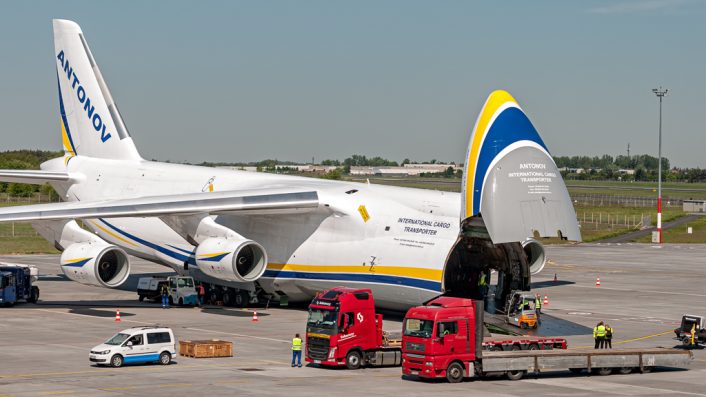USAF deploys its MQ-9 Reaper Drones to Poland.
USAF issued a short release, suggesting that the service has deployed MQ-9 Reaper UAV systems to Poland. The drones would be stationed at the Mirosławiec Air Base, which is the Poland’s airbase dedicated to host the unmanned platforms. The release issued by the Americans reads as follows:
The United States and Poland have a standing relationship to address issues of regional and global security. To advance those interests, U.S. Air Forces in Europe, the air component of U.S. European Command, is operating MQ-9 Reaper remotely piloted aircraft at Miroslawiec Air Base as a visible expression of U.S. efforts to enhance regional stability. This mission, starting in May 2018, has been fully coordinated with the Polish government. It is designed to promote stability and security within the region and to strengthen relationships with NATO allies and other European partners.
The release, as we can see, is laconic and went by virtually unnoticed. It was issued on May 21 and does not specifiy how long the deployment is going to last. The Mirosławiec Airbase only operates smaller UAV platforms, hence Reapers would be a major addition to its capabilities.
The news issued by USAFE sparked some doubts and questions among the experts and defense media practitioners in Poland. Since the Polish MoD cancelled some of its drone procurement plans some time ago, shifting the priorities, the USAFE assets may act as a complementary measure filling in the capability gap – this is an opinion that has widely circulated in the Polish defense media public sphere. The experts suggest that no further procurement in the area of ISR (Intelligence Surveillance Reconnaissance) would be pursued by the Polish MoD, making use of the US assets to complement the capabilities at hand even though, for what deals with JASSMs (Joint Air-to-Surface Strategic Missiles) that have been acquired by the Polish Air Force, there is concern about a capability gap when it comes to actually designating targets for this strategic weapon.
Dawid Kamizela who works an analyst for the Polish Dziennik Zbrojny outlet expressed his concern that the UAVs in Poland may not even boost the Polish ISR capabilities. In a conversation, he told us the following:
According to what we have seen when it comes to operational practice pertaining to the MQ-9, the detachment in Poland, most probably, solely deals with maintenance of the assets and take offs and landings. The core of the operational activities would be controlled from CONUS, and the intelligence gathered when the UAV is flying in the Polish airspace is also being sent to CONUS directly – it is not being collected in Poland, it does not even ‘touch’ any part of the Polish infrastructure. As worrying as it is, the above would mean that even if Poland receives any intelligence, it would not come in a form of raw data, but rather as an interpreted report. Taking the local awareness into account, along with the knowledge of local conditions and geopolitical factors, the US interpretation may differ from the conclusions that could potentially be formed by the Polish analysts in Warsaw. This sparks numerous doubts, when it comes to the actual boost of the Polish ISR capability.
The Polish military has no MALE UAVs at its disposal now, procurement is being planned as a part of the Zefir programme that has not, fortunately, been a subject to cuts. MQ-9 and Israeli Hermes 900 platforms are viable candidates here. The Israeli drones, as the Defence24 outlet notes, have already made their operational debut in the Polish airspace, during the NATO Summit hosted in Warsaw and the World Youth Day. Two Zefir packages, as Defence24 recalled, are to be acquired until 2022, with procurement of another two envisaged as an option after the aforesaid deadline.

According to the unofficial information we have obtained, the Reapers arrived in Poland on May 9 and they were transported via the NATO SALIS solution by two An-124 airlifters that landed at the Poznan airport.
Image Credit: USAF, An-124 Image Credit: Jacek Siminski









